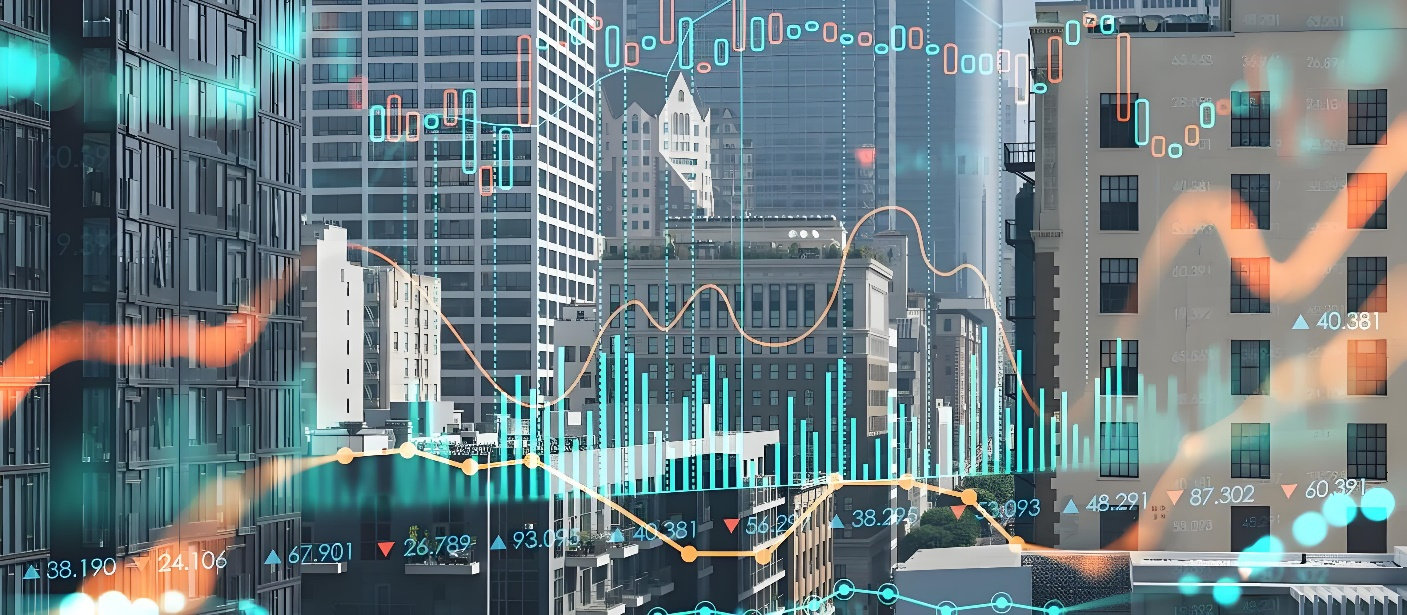"We have avoided a global economic recession," said Christina Georgieva, Managing Director of the International Monetary Fund. However, the situation is still not optimistic. The global economic growth forecast for 2024 remains at 3.2%. In 2023, it is also 3.2%, and it is expected to remain at 3.2% by 2025. This is significantly lower than the usual expectation of about 4% in the past. Georgieva has warned that this will be a "disappointing decade".

inflation
Firstly, inflation. In March of this year, the consumer price index in the United States unexpectedly rose significantly to 3.5%. Therefore, Federal Reserve Chairman Jerome Powell has made people lower their expectations for a recent interest rate cut.
The International Monetary Fund is also concerned that prices will continue to rise in a changing world. For a long time, globalization has brought cheap imported products, but increasingly severe protectionism is pushing up the prices of imported goods.
Trade War with China
When it comes to competition from China, US President Joe Biden said in a speech at the United Steelworkers Association this week, "They are not competing, they are deceiving." Biden said he will protect the US steel and shipbuilding industries from unfair practices. Steel tariffs may double. Meanwhile, the European Commission is studying imposing punitive tariffs on imported electric vehicles and wind turbines. China's response is equally fierce.
A trade war is on the verge of breaking out.
The trade war will dealt a heavy blow to European industry. A study by the German Institute of Economics shows that 95% of scandium and yttrium in Germany are purchased from China. As for the main materials of fever reducing drugs, painkillers, and anesthetics, the degree of dependence has in some cases increased to 100%. Compared to 2013, the variety of products with high import dependence has significantly increased.
War with Iran
If there is one indicator that can show people's fear of the escalation of the Middle East conflict, it is the price of oil. Although the price of $91.72 per barrel does not yet reach the alert level, the risk of a serious escalation of the situation is high and may result in significant economic losses.
Financial companies become targets of cyber attacks
In addition to government agencies, IT companies, and critical infrastructure, financial companies are also considered the preferred targets of digital criminals. Currently, this accounts for one-fifth of all cyber attacks.
Loose debt policy
If the cost of debt is not high, people will take advantage of it. Especially years of low interest rates have led to debt skyrocketing to extremely high levels. Even though it is unlikely that large and medium-sized countries will face payment difficulties at present, tight budgets can have consequences: they have reduced government investment space; Restricted the possibility of alleviating economic crises through aid programs like in previous years.
The danger of the new real estate crisis
The 2008 financial crisis clearly demonstrated how distorted the real estate market could have consequences. The fear of a recurrence of the crisis has been ongoing for several months. The focus of attention is on commercial real estate. Therefore, many banks have significantly increased their reserves.